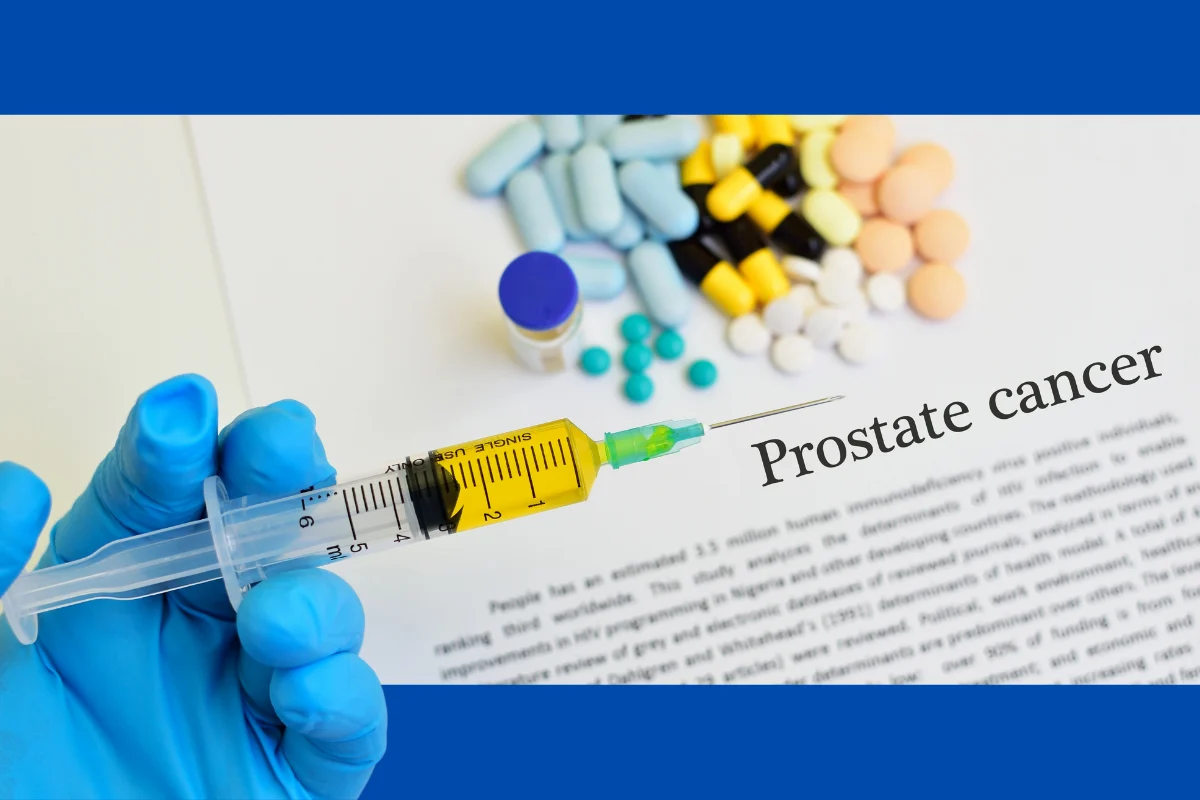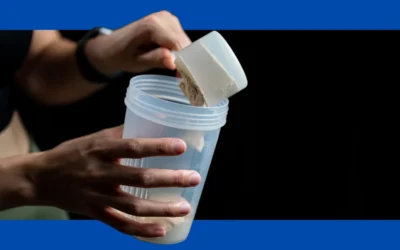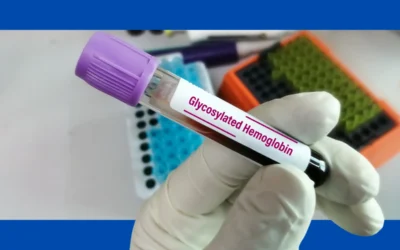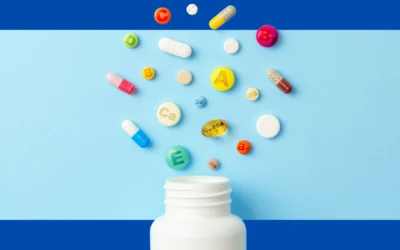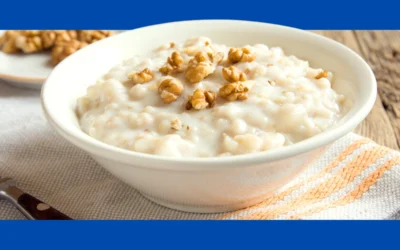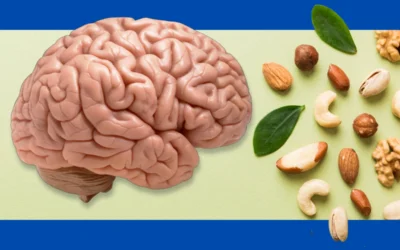Many men are unaware of key aspects of their sexual health. After the age of 40 or 45, it is common to experience joint pain, discomfort while urinating, and unusual sensations such as vibrations in the head of the penis or a burning feeling. These symptoms can be early signs of prostate problems, making it crucial to pay attention to changes and consult a specialist when necessary.
The prostate plays a vital role in male reproductive health, and its dysfunction can lead to conditions such as prostatitis, benign prostatic hyperplasia (BPH), and even prostate cancer. Despite its importance, many men neglect prostate health due to a lack of awareness or reluctance to discuss symptoms. Understanding the warning signs and adopting preventive measures can make a significant difference in long-term well-being.
The Importance of Ejaculation for Prostate Health
Ejaculation is not just a part of sexual activity—it plays a vital role in maintaining a healthy prostate. The prostate gland produces seminal fluid, which mixes with sperm to form semen. Much like the pancreas eliminates hormones and other secretions, the prostate also needs to expel its fluids regularly to stay healthy.
When a man does not ejaculate frequently, prostate secretions can become stagnant, leading to the formation of calcifications and blockages in the ducts. These obstructions increase the risk of bacterial buildup, which can result in painful infections such as prostatitis. Over time, this can contribute to inflammation, discomfort, and urinary problems.
Scientific evidence also suggests that ejaculation frequency may be linked to a reduced risk of prostate cancer. A large-scale study conducted in the United States followed over 31,000 men and found that those who ejaculated 21 or more times per month had a significantly lower risk of developing prostate cancer compared to those who ejaculated only 4 to 7 times per month. The study indicated that frequent ejaculation, particularly in midlife (ages 40-49), was associated with a lower incidence of low-risk prostate cancer. These findings reinforce the idea that regular ejaculation may contribute to overall prostate health by promoting the natural elimination of potentially harmful substances.
While there is no universal rule for how often a man should ejaculate, research suggests that frequent ejaculation may contribute to better prostate health and lower the risk of certain diseases. Incorporating regular sexual activity or masturbation into one’s routine may serve as a simple, natural way to maintain a healthy prostate.
You can access the study by clicking here.
Differences Between a Healthy and an Affected Prostate
A healthy prostate functions optimally when its secretions are regularly expelled, resulting in a fluid and free-flowing semen consistency. This helps flush out bacteria and reduces the risk of infections.
However, when ejaculation is infrequent, semen can become thick and clumpy, leading to the formation of calcifications within the prostate. These calcifications create an environment conducive to bacterial growth, increasing the risk of inflammation and chronic prostatitis. Over time, this can contribute to urinary difficulties, discomfort, and other complications associated with an enlarged or irritated prostate.
Habits That Affect Prostate Health
Several daily habits can negatively impact prostate health. Some of the most common include:
- Holding in urine: This increases pressure on the prostate and promotes bacterial buildup, potentially leading to infections.
- Straining while urinating: Many men rush to urinate and push forcefully, which can cause urine to backflow into the prostate, leading to irritation and increased infection risk.
- Poor prostate hygiene: Using condoms during sexual activity helps prevent bacteria from entering the seminal tract, reducing the risk of infections.
Making simple adjustments—such as urinating when needed, avoiding excessive straining, and practicing safe sex—can significantly contribute to better prostate health.
Symptoms of Prostate Problems
Poor habits and neglecting prostate health can lead to conditions like prostatitis, benign prostatic hyperplasia, or even prostate cancer. Some of the most common symptoms of prostate issues include:
- Pain in the perineal area (between the anus and scrotum).
- A persistent sensation of pelvic pressure.
- Testicular discomfort or pain.
- Frequent urge to urinate, especially at night.
- Burning sensation during ejaculation.
- Changes in semen color or odor, sometimes with a yellowish or brownish tint.
If any of these symptoms occur, it is essential to seek medical advice to determine the cause and receive appropriate treatment.
The Importance of Medical Check-Ups
Early detection of prostate problems can make a significant difference in treatment success and overall quality of life. Men over 40 should schedule regular check-ups with a urologist, especially if they experience any of the warning signs mentioned above.
Routine screenings, including prostate-specific antigen (PSA) tests and digital rectal exams (DRE), help identify potential issues before they become severe. Taking proactive steps in prostate health can prevent complications and ensure long-term well-being.
